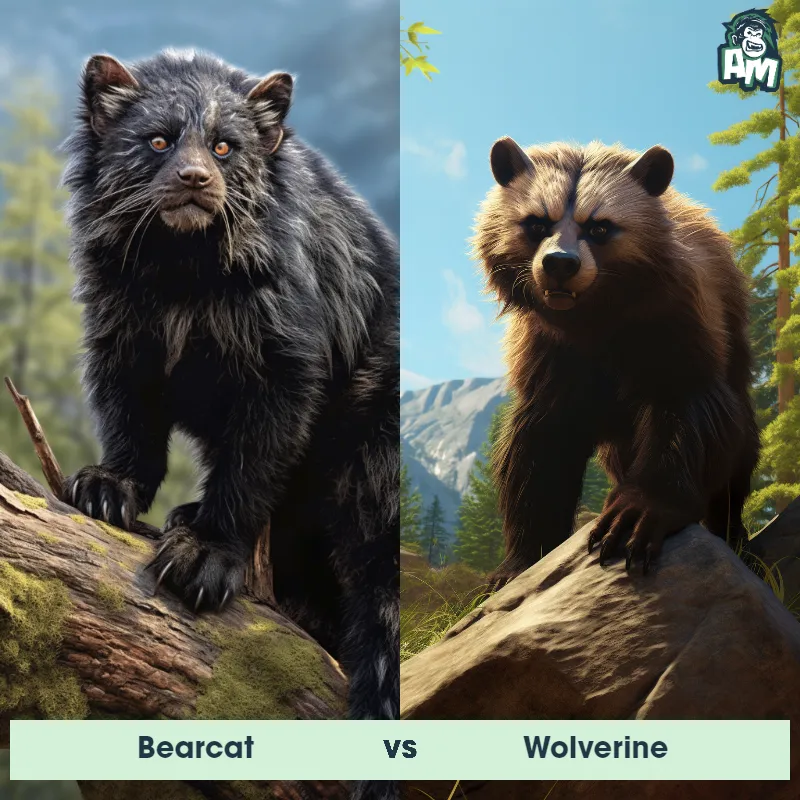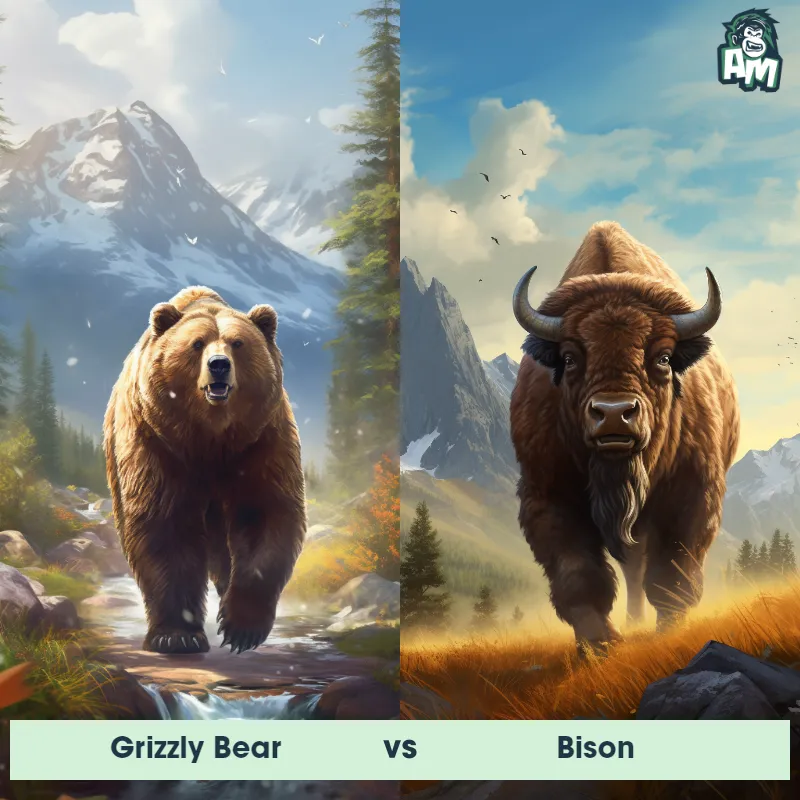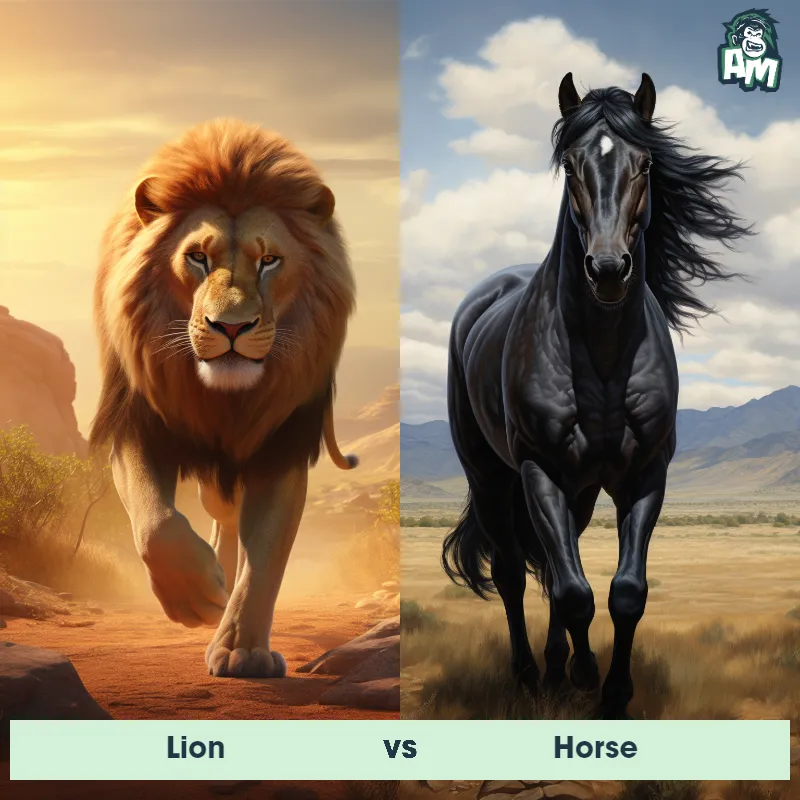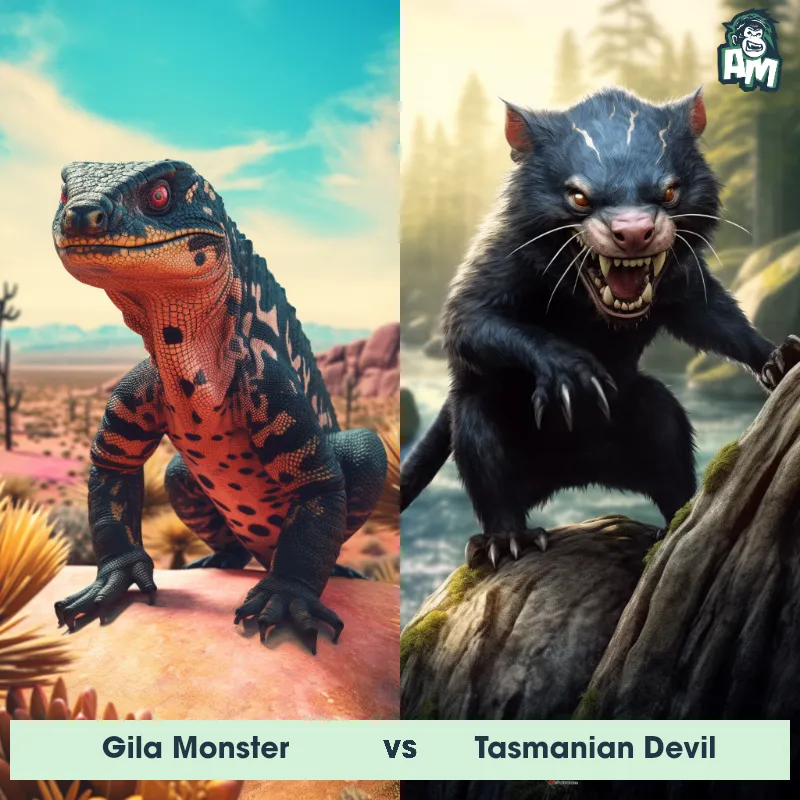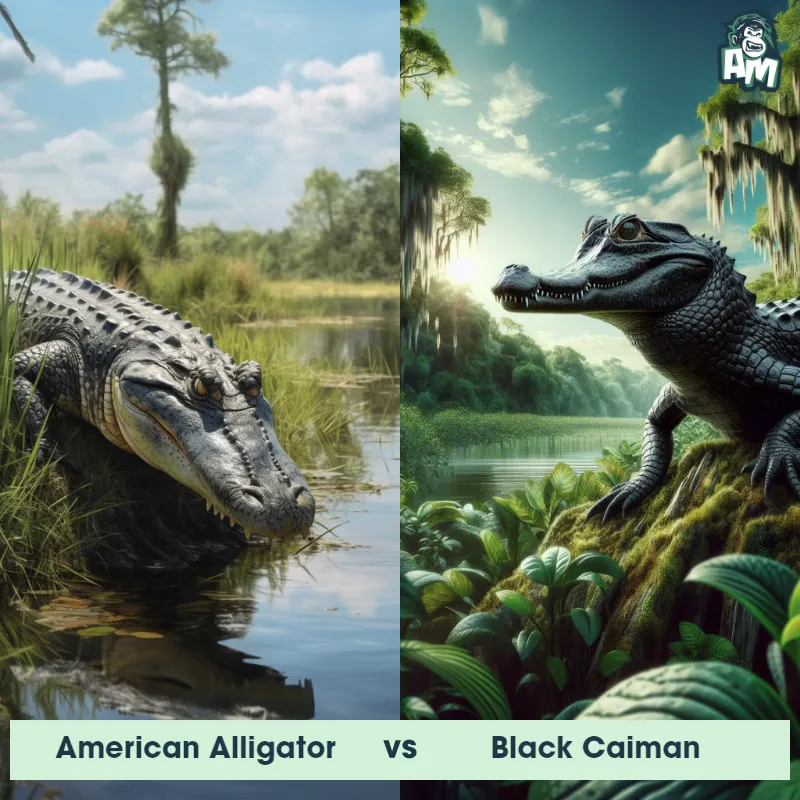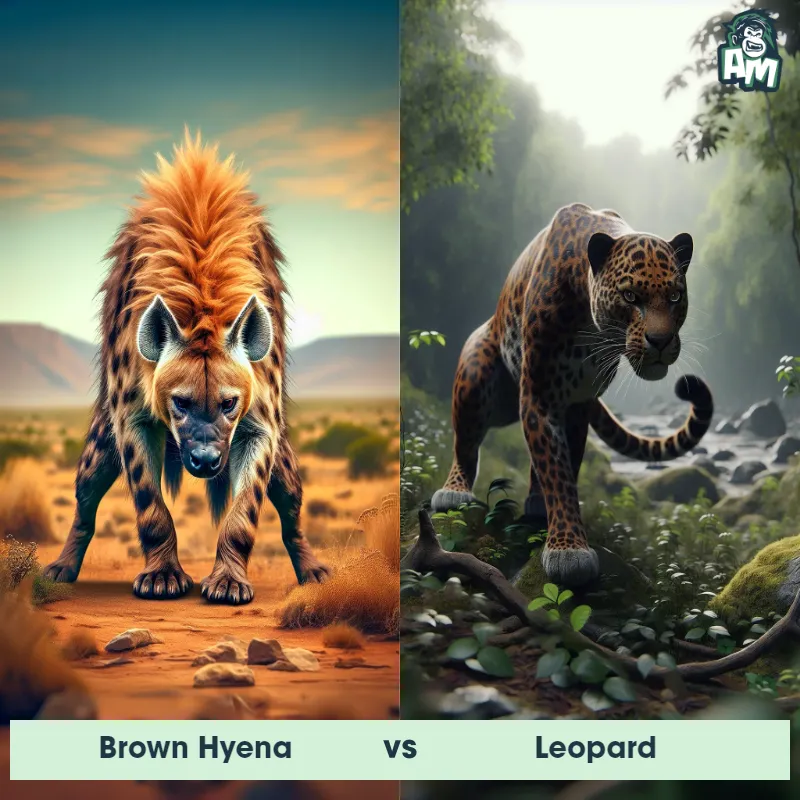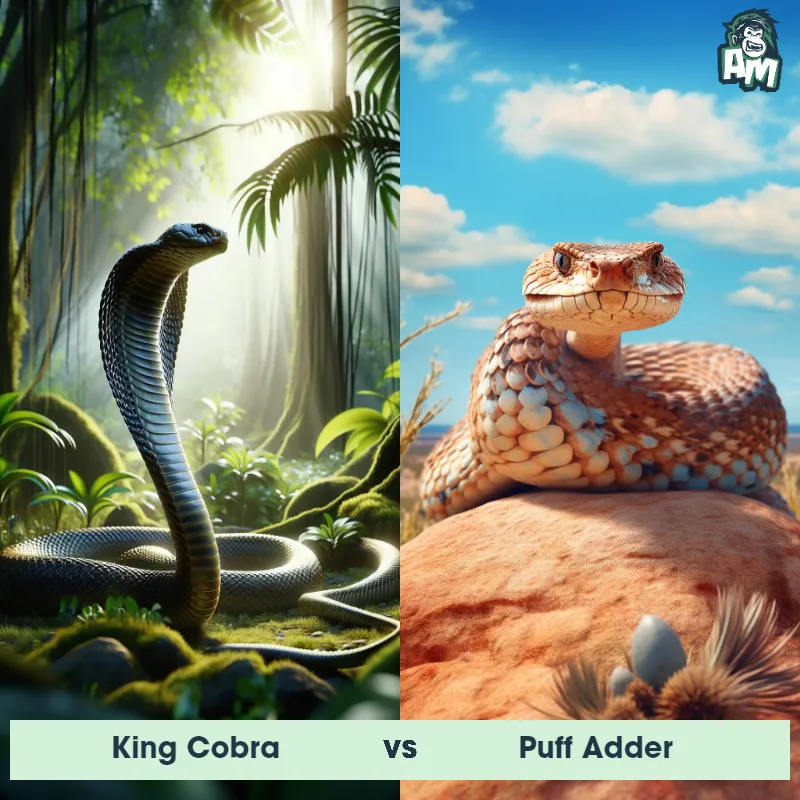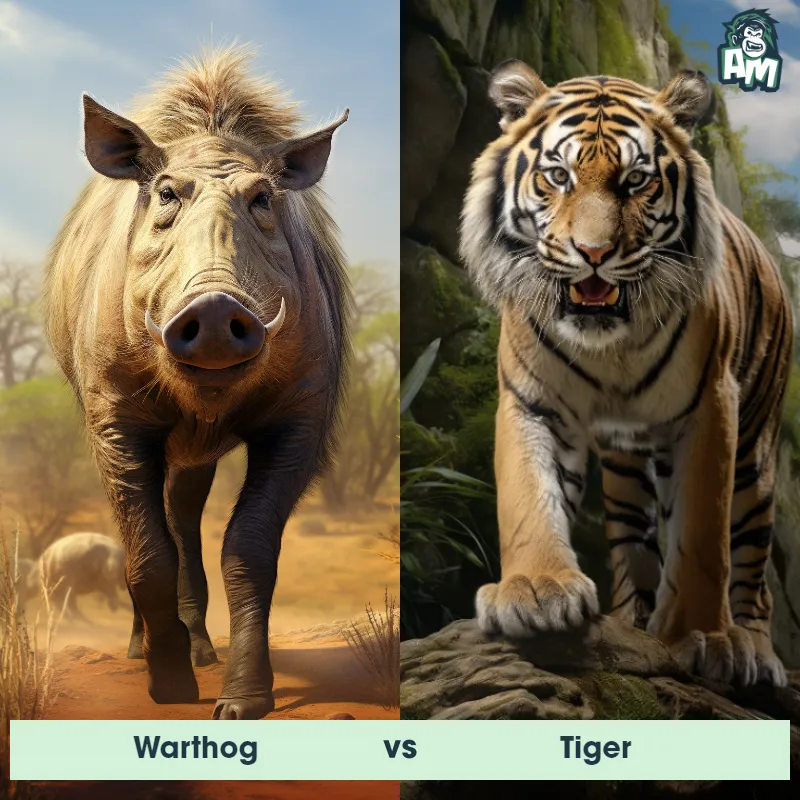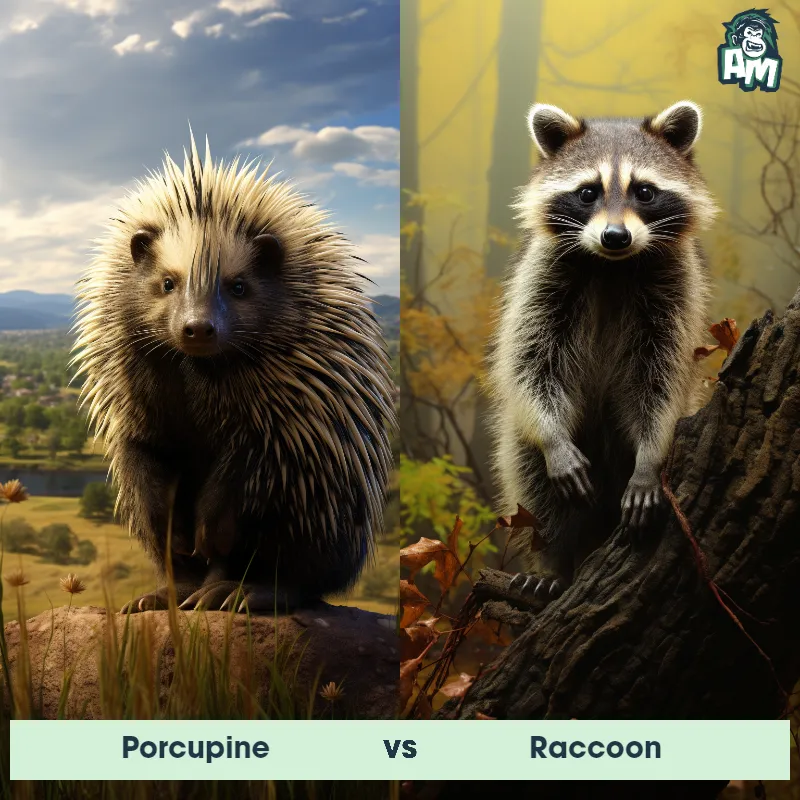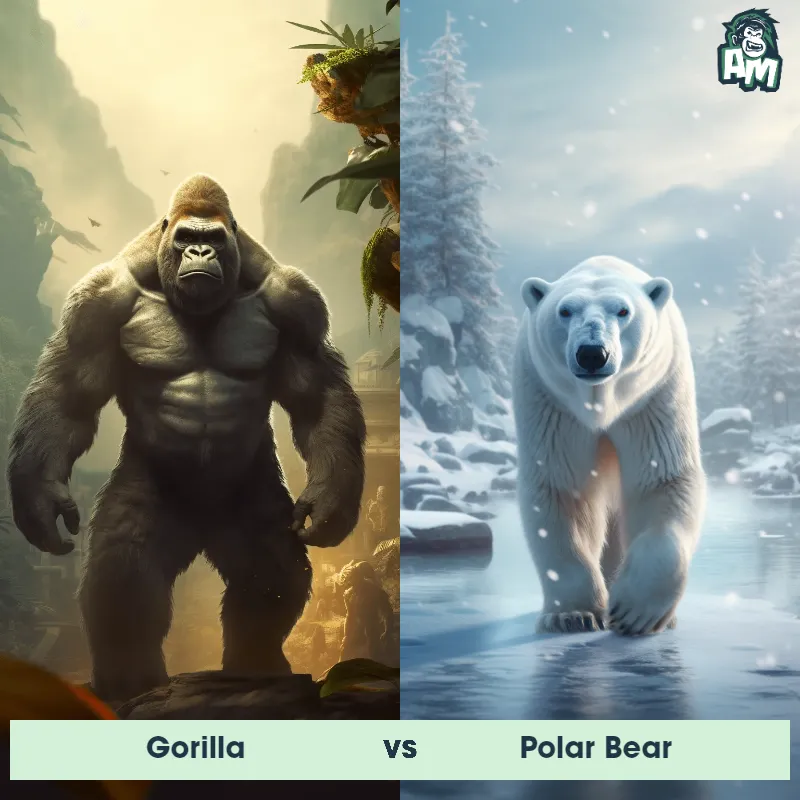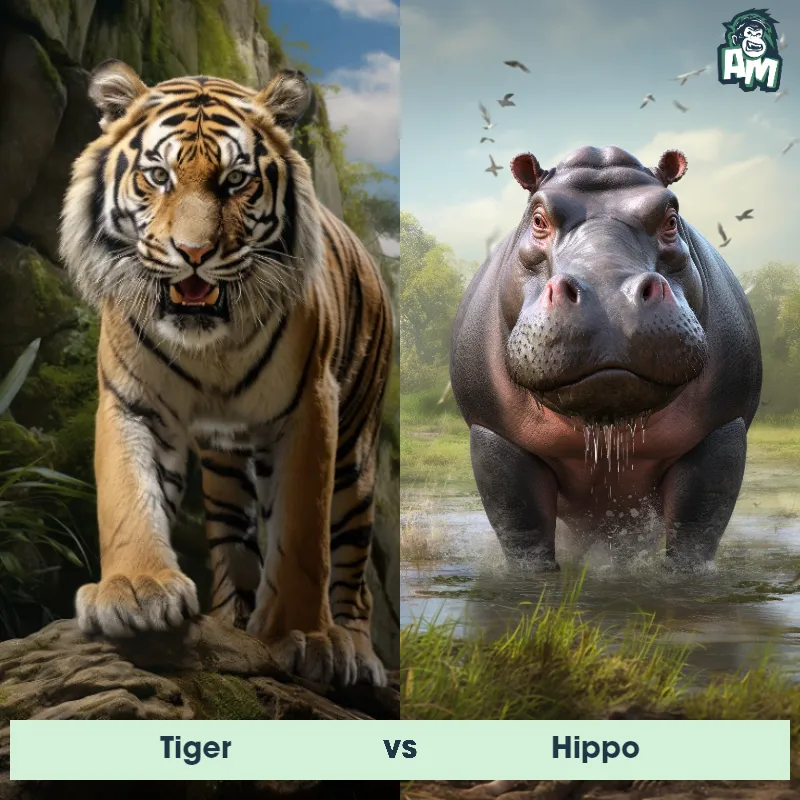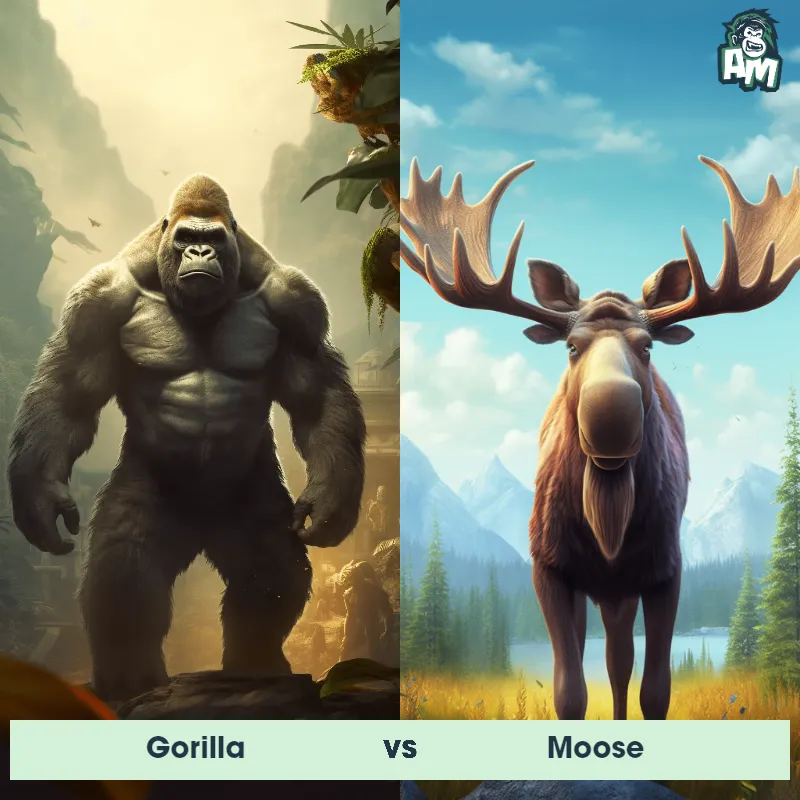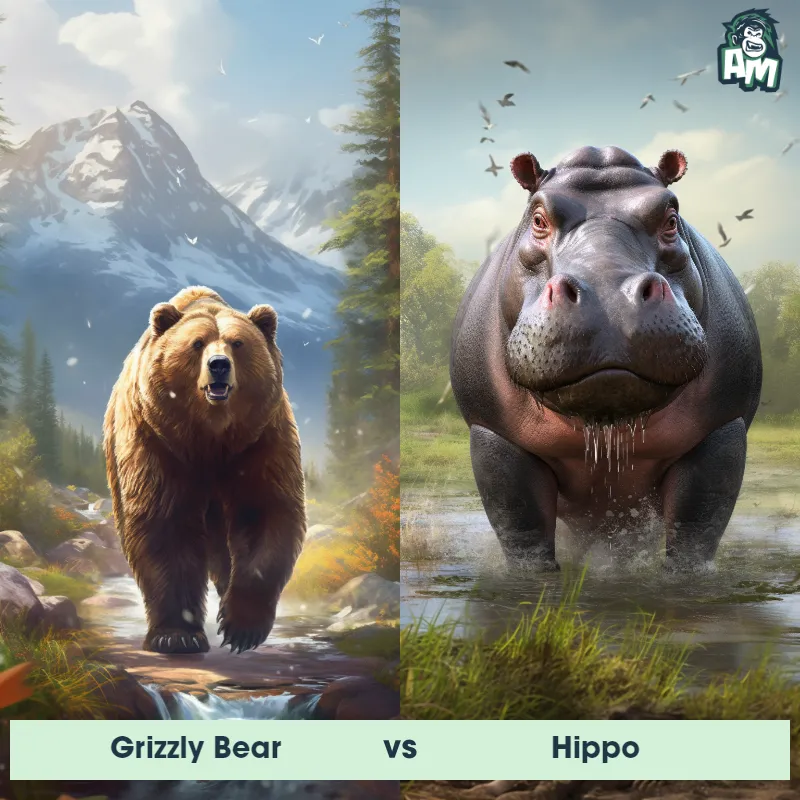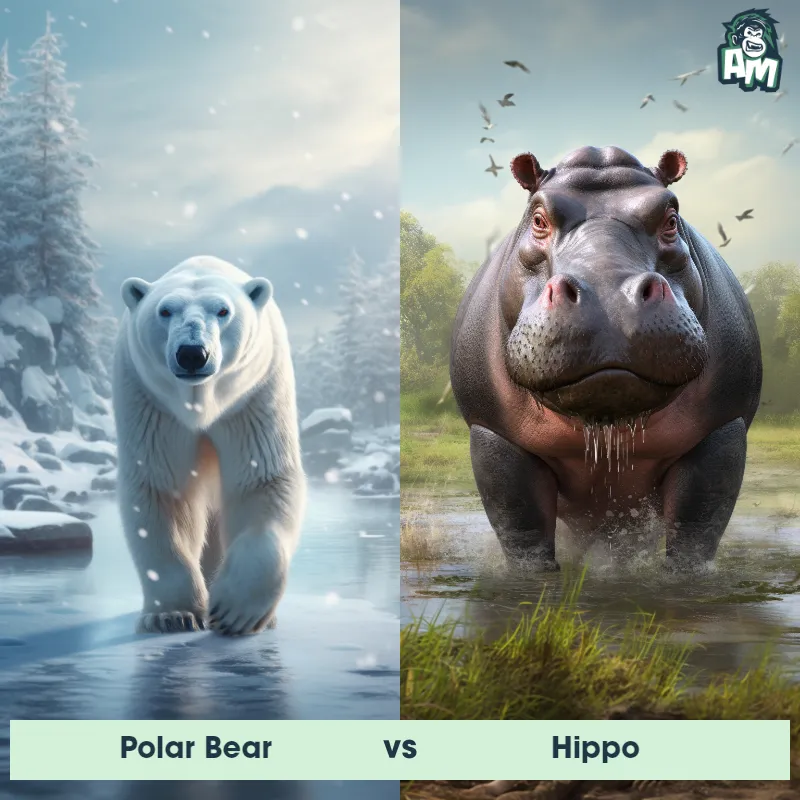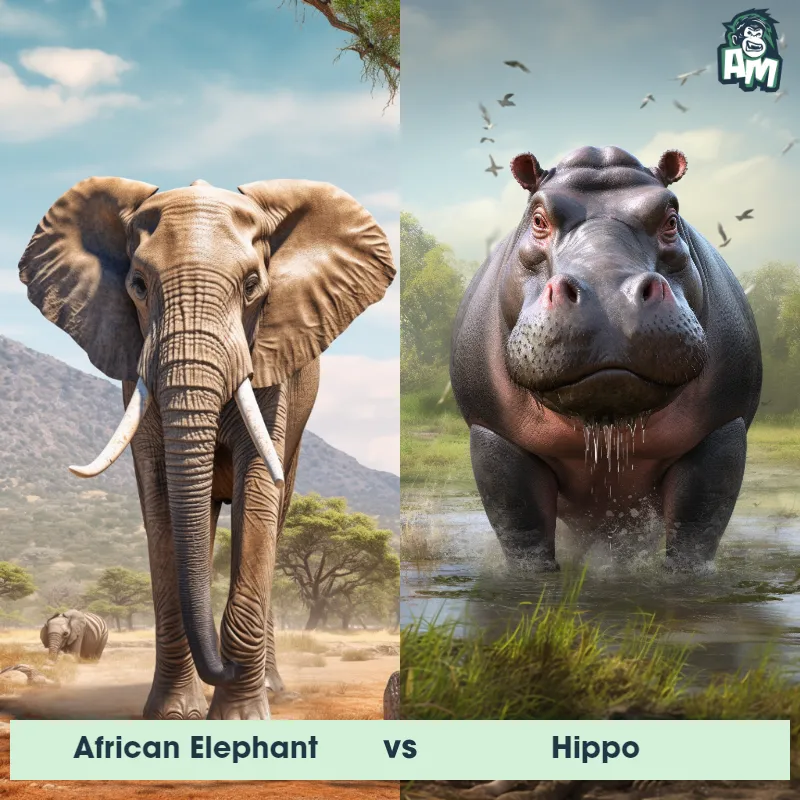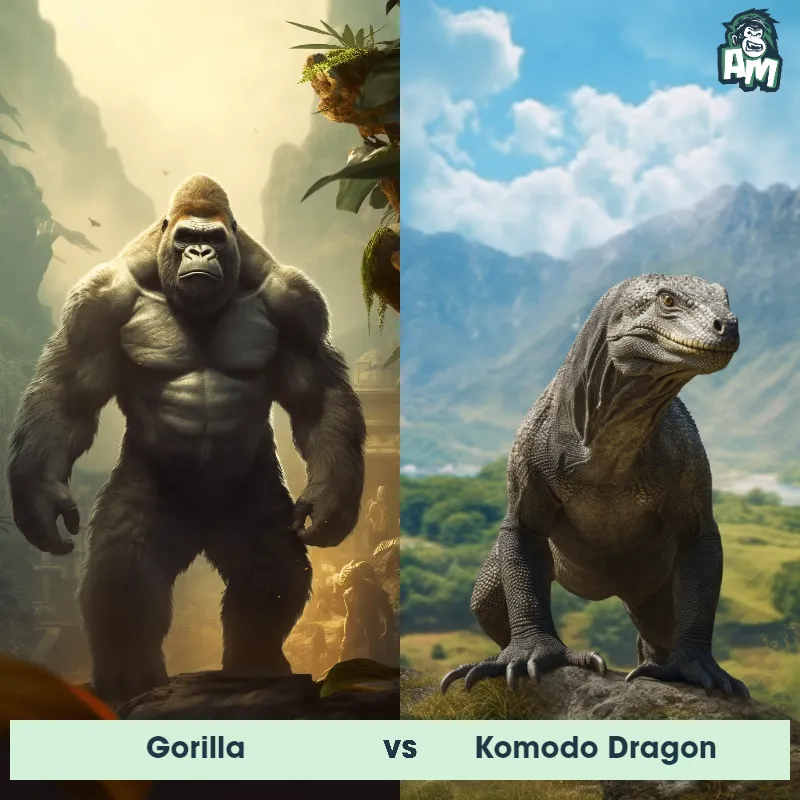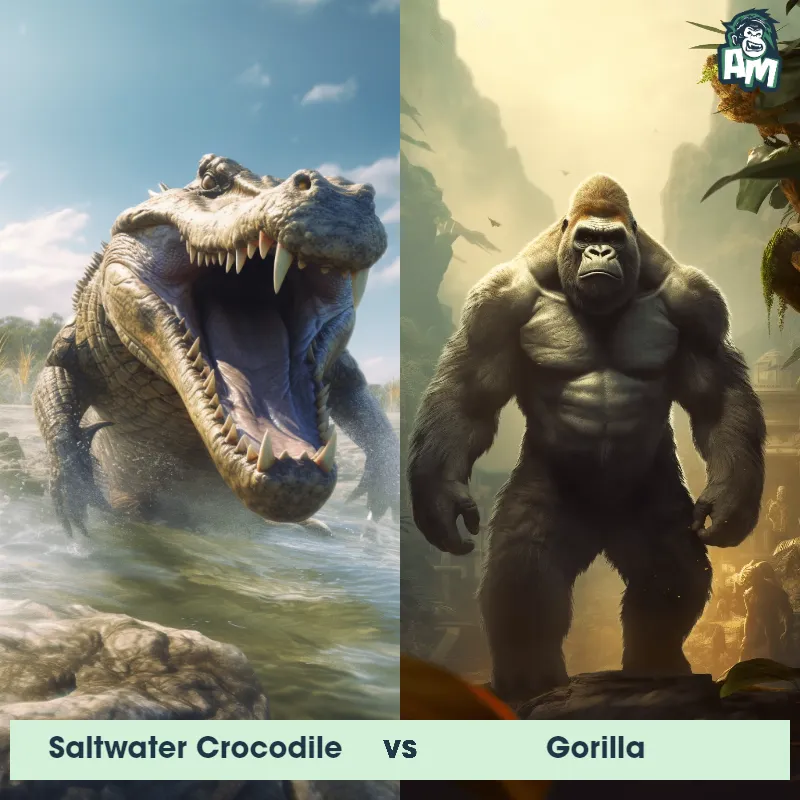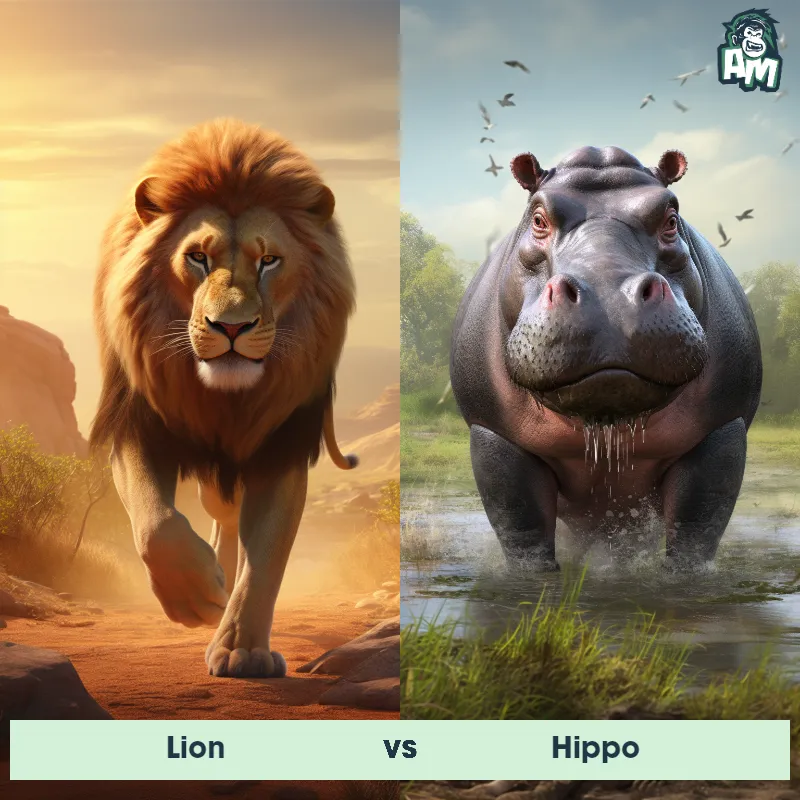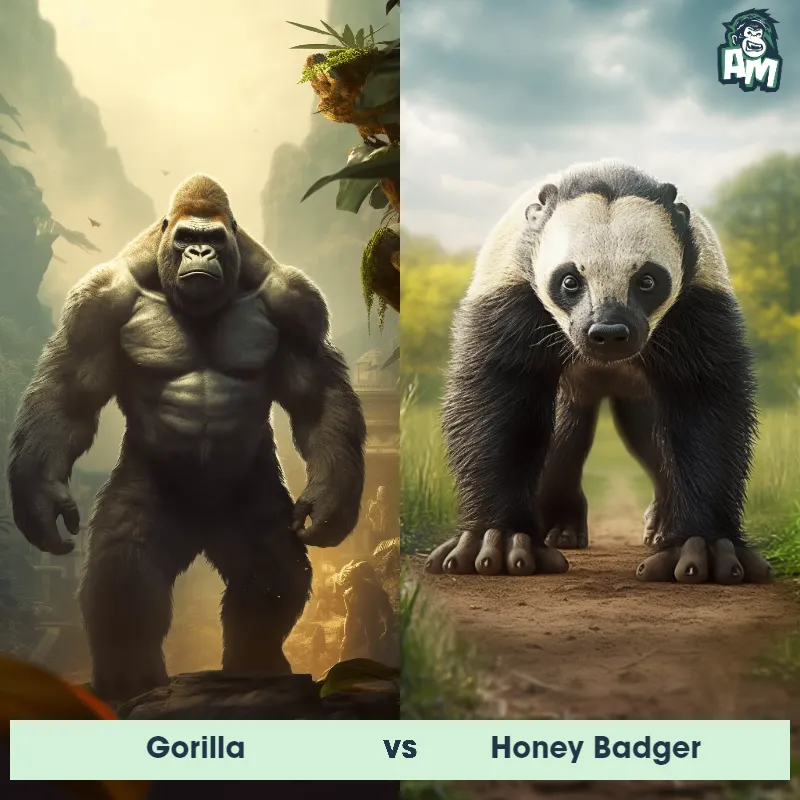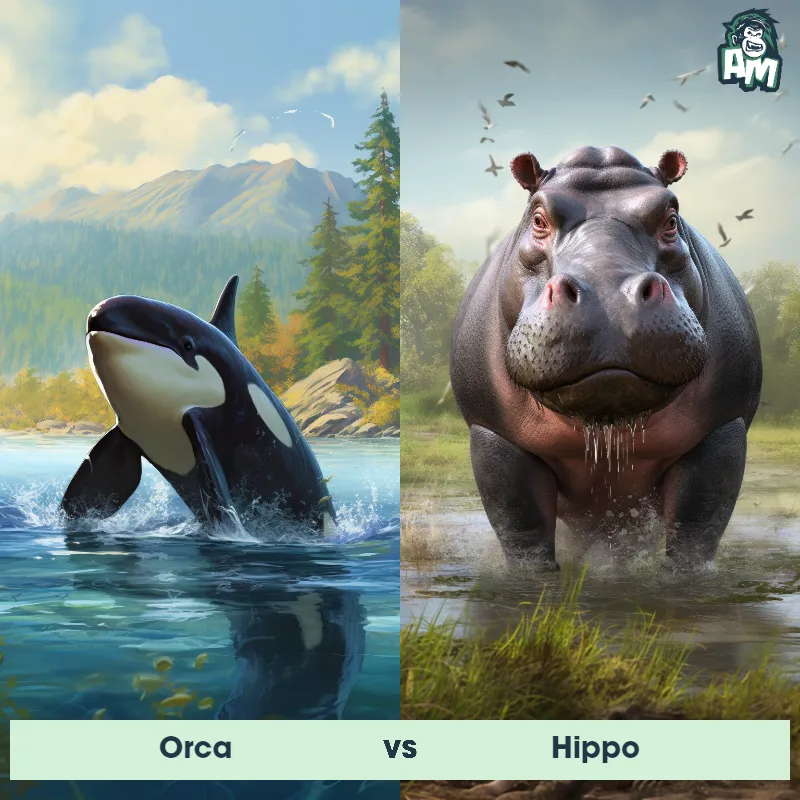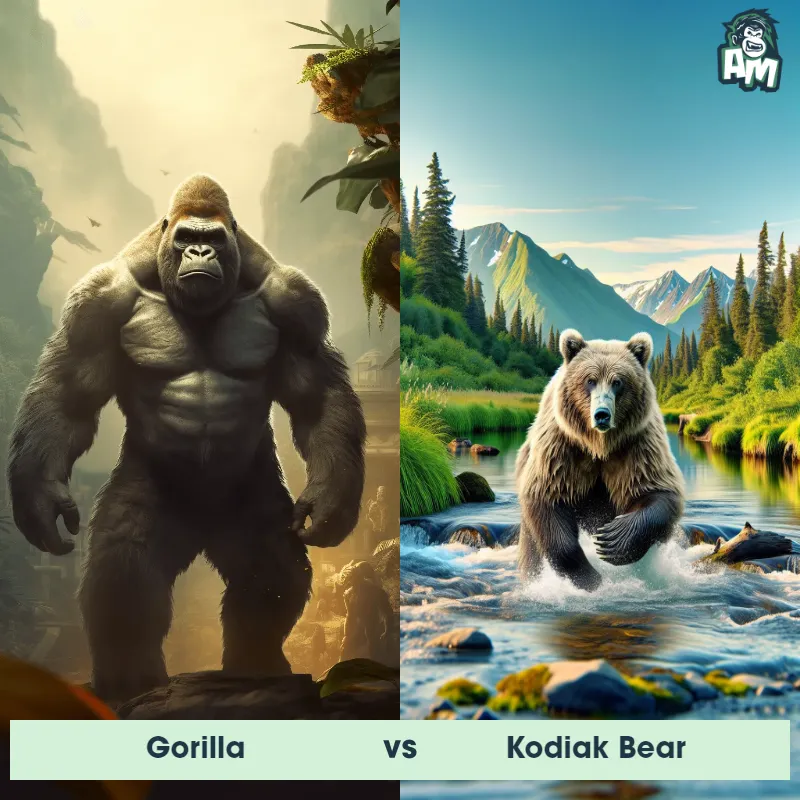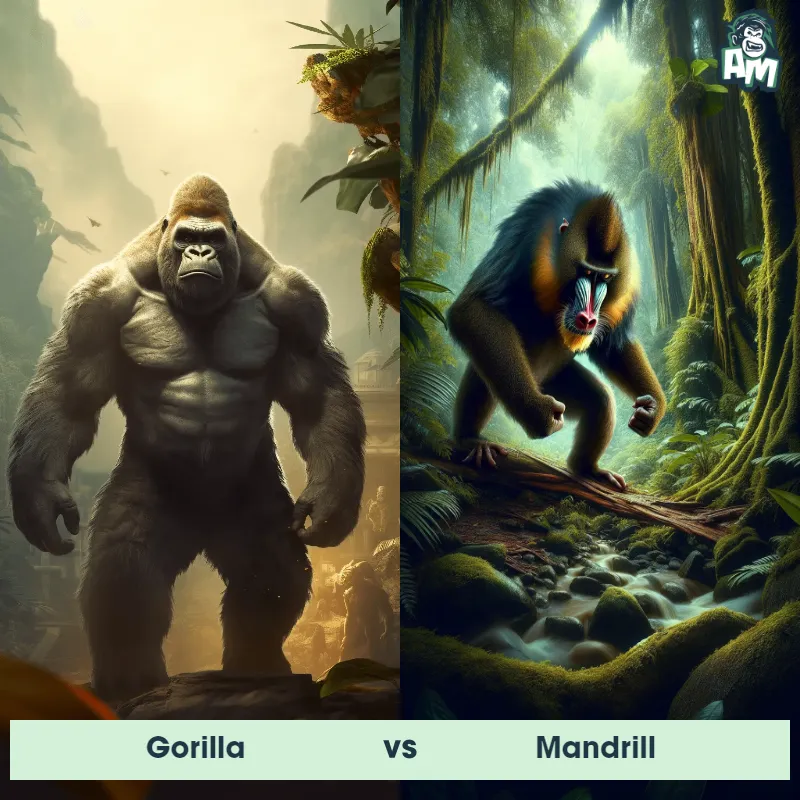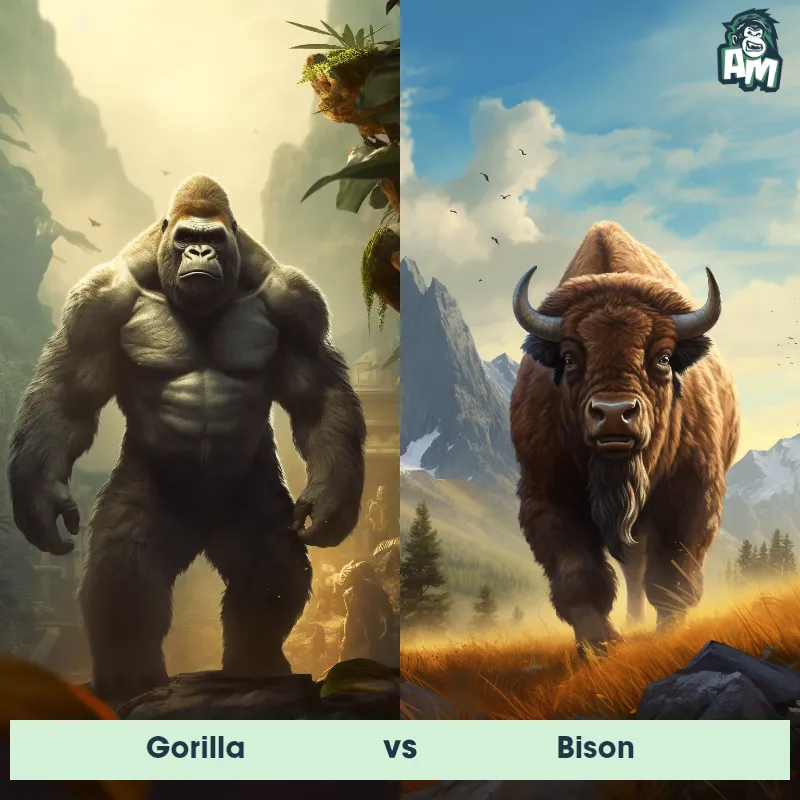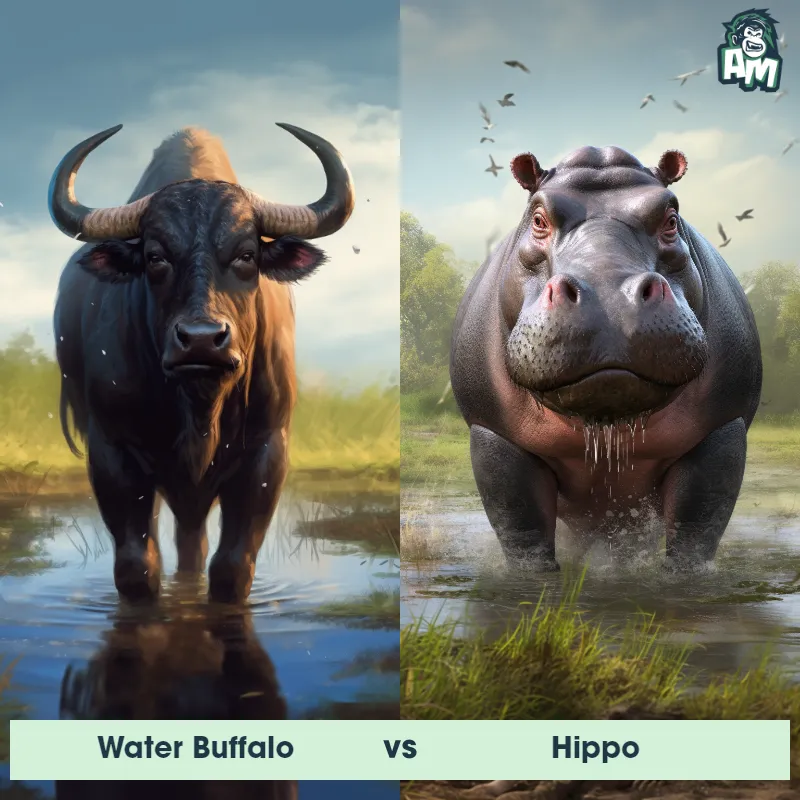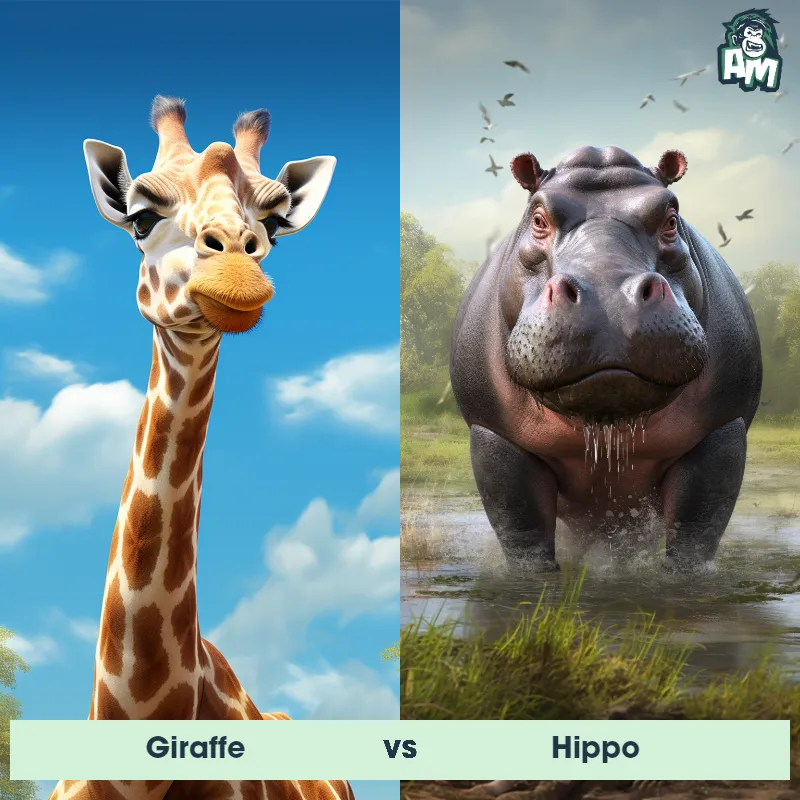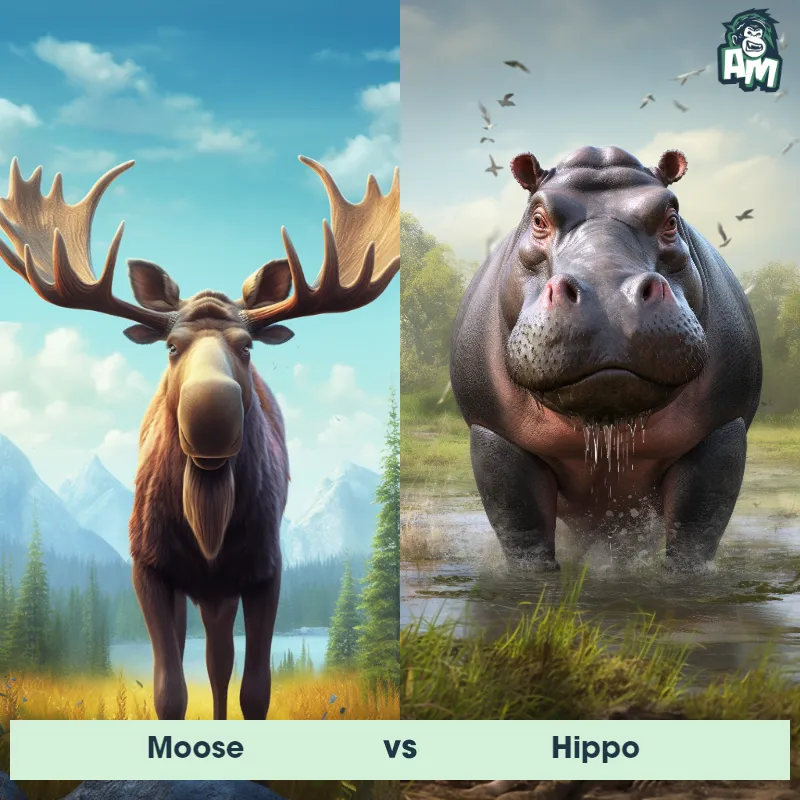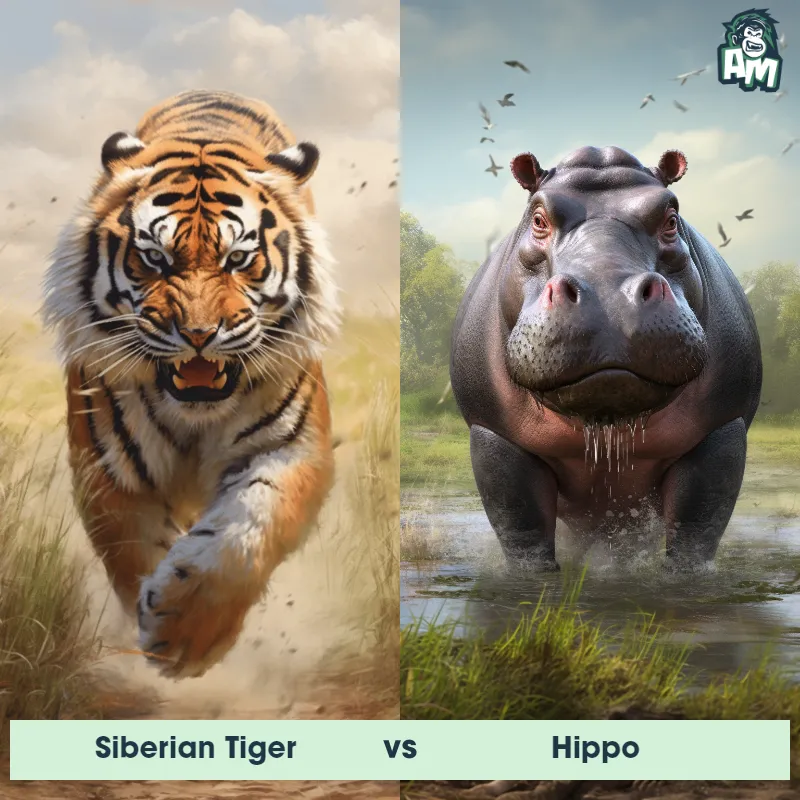Gorilla vs HippoSee Who Wins

Ladies and gentlemen, welcome to this thrilling matchup! We have a clash of the titans tonight as a massive gorilla takes on a formidable hippo. These two powerful creatures are ready to go head-to-head in a three-round showdown that is sure to keep you on the edge of your seats. Let's dive right into the action!
Contender 1: Gorilla
The Gorilla is a large, powerful primate that is native to the forests of central and eastern Africa. They are known for their muscular build, with males weighing up to 400 pounds and standing up to 6 feet tall. Gorillas have a distinctive black fur coat and a broad, flat face with a prominent brow ridge. They are herbivores, primarily eating leaves, stems, and fruits, and live in social groups led by a dominant male.
Fun Fact: Gorillas are one of the few animals that have been observed using tools in the wild, such as using sticks to measure the depth of water or as a weapon to defend themselves.
Contender 2: Hippo
The hippopotamus, often simply referred to as the hippo, is a large, mostly herbivorous mammal native to sub-Saharan Africa. With a barrel-shaped body, short legs, and a massive head with a broad, round snout, the hippo is the third-largest land animal after the elephant and rhinoceros. Hippos spend most of their day in the water or mud to keep their skin moist and protect it from the sun. Despite their bulk, hippos are excellent swimmers and can run surprisingly fast on land.
Fun Fact: Hippos secrete a natural sunscreen in the form of an oily red substance, which earned them the nickname "blood sweat," although it is neither blood nor sweat.
Matchup Stats
| Gorilla | Hippo | |
|---|---|---|
| Size | Up to 6 feet (1.8 meters) | 5 feet tall at shoulder, 13 feet long (1.5 meters tall at shoulder, 4 meters long) |
| Weight | Up to 400 pounds (181 kilograms) | 3,000 to 4,000 pounds (1,400 to 1,800 kilograms) |
| Speed | Speed: 20 mph (32.19 km/hr) | 19mph (30km/h) |
| Key Strength | Powerful arms and large size | Powerful jaws with large teeth |
| Biggest Weakness | Vulnerable to attacks on the head and neck | Poor eyesight |
Current Votes
Gorilla vs Hippo
See Who Wins
View More Matches
Looking For More?
Similar Matches
Scientific Stats
| Gorilla | Hippo | |
|---|---|---|
| Scientific Name | Gorilla | Hippopotamus amphibius |
| Family | Hominidae | Hippopotamidae |
| Habitat | Forests | Rivers, lakes and swamps |
| Geography | Central and Eastern Africa | Sub-Saharan Africa |
| Diet | Herbivore | Herbivorous, primarily grasses |
| Lifespan | 35 years - 50 years | 40 years - 50 years |
Key Differences between Gorilla and Hippo
- Body Shape: Gorillas exhibit a muscular and sturdy build, with broad shoulders and a large chest. Their arms are longer than their legs, and they have a distinct hunched posture. In contrast, the Hippo has a large barrel-shaped body with a stubby tail and short, stocky legs.
- Behavior and Locomotion: Gorillas are terrestrial creatures that generally move around on all fours, using their knuckles for support (known as knuckle-walking), although they can walk bipedally for short distances. They are peaceful herbivores, primarily feeding on vegetation. Hippos are primarily aquatic animals, spending most of their time in water, and are capable of swimming and walking on the riverbeds using their powerful, short legs. They are known to be highly territorial and can display aggressive behaviors.
- Habitat and Environment: Gorillas primarily inhabit the dense and mountainous tropical rainforests of central and eastern Africa. They are arboreal creatures that spend a significant amount of time in trees. Hippos, on the other hand, are semi-aquatic animals, inhabiting freshwater environments such as rivers, lakes, and swamps across sub-Saharan Africa.
- Size: The Gorilla is characterized by its significantly smaller size compared to the Hippo, with adult male gorillas reaching heights of around 5.6 feet (1.7 meters) while female gorillas are generally even smaller. In contrast, the Hippo is one of the largest land mammals, growing up to about 13 feet (4 meters) long and weighing up to 3.5 tons (3,175 kilograms).
- Unique Facial Features: Gorillas are recognized by their characteristic facial structure, including a prominent sagittal crest and a relatively flat face. Their nostrils are wide and open, with small eyes and large ears. Hippos have distinctive facial features as well, including a large mouth with huge lower and upper canines, small eyes, and short, rounded ears.
- Skin Color and Texture: Gorillas have dark, blackish skin that is covered with coarse black hair, except on their face, palms, and the soles of their feet. Hippos, on the other hand, have hairless, thick, and smooth skin that can range in color from dark gray to brown, with some pinkish areas around the eyes, ears, and belly.



